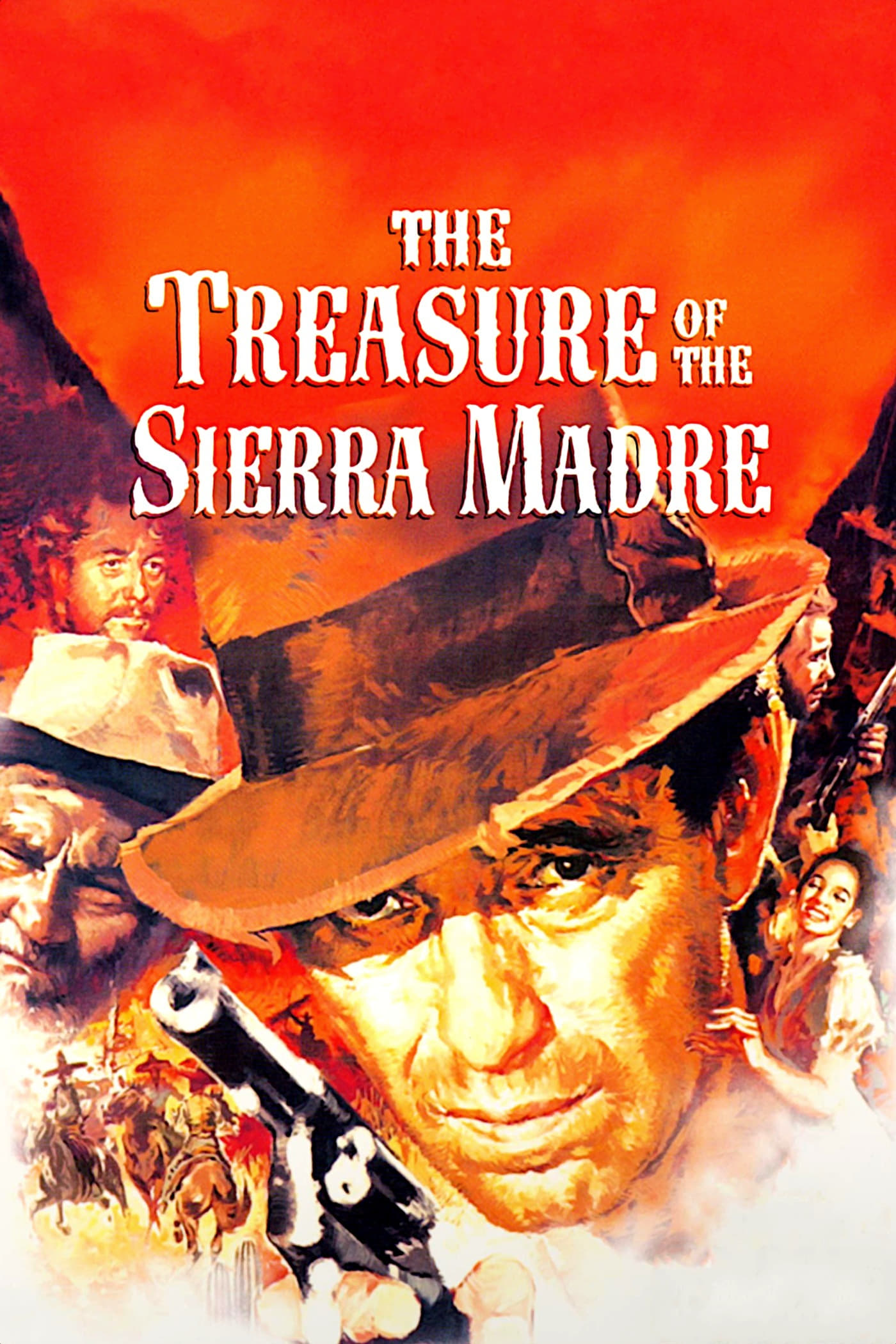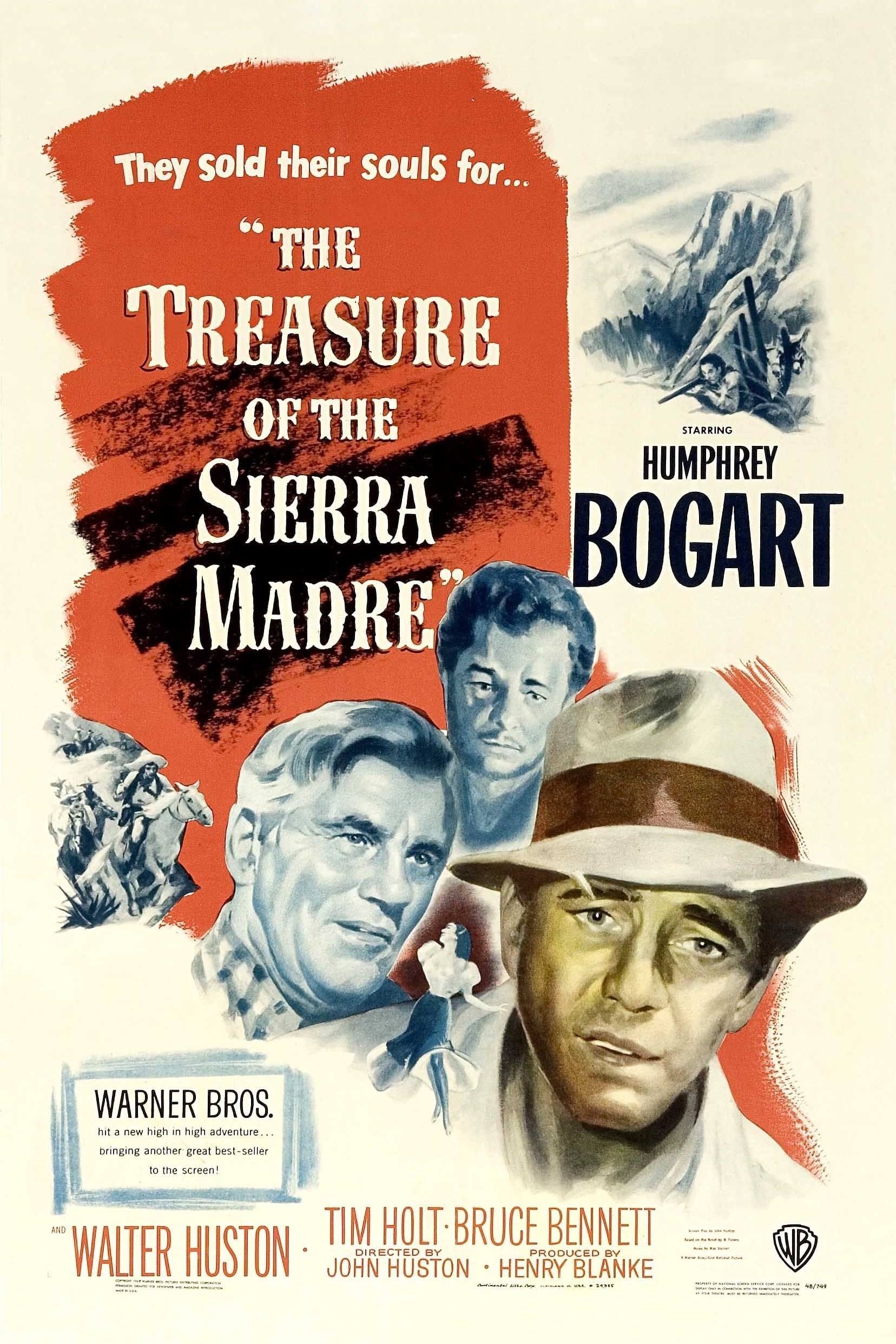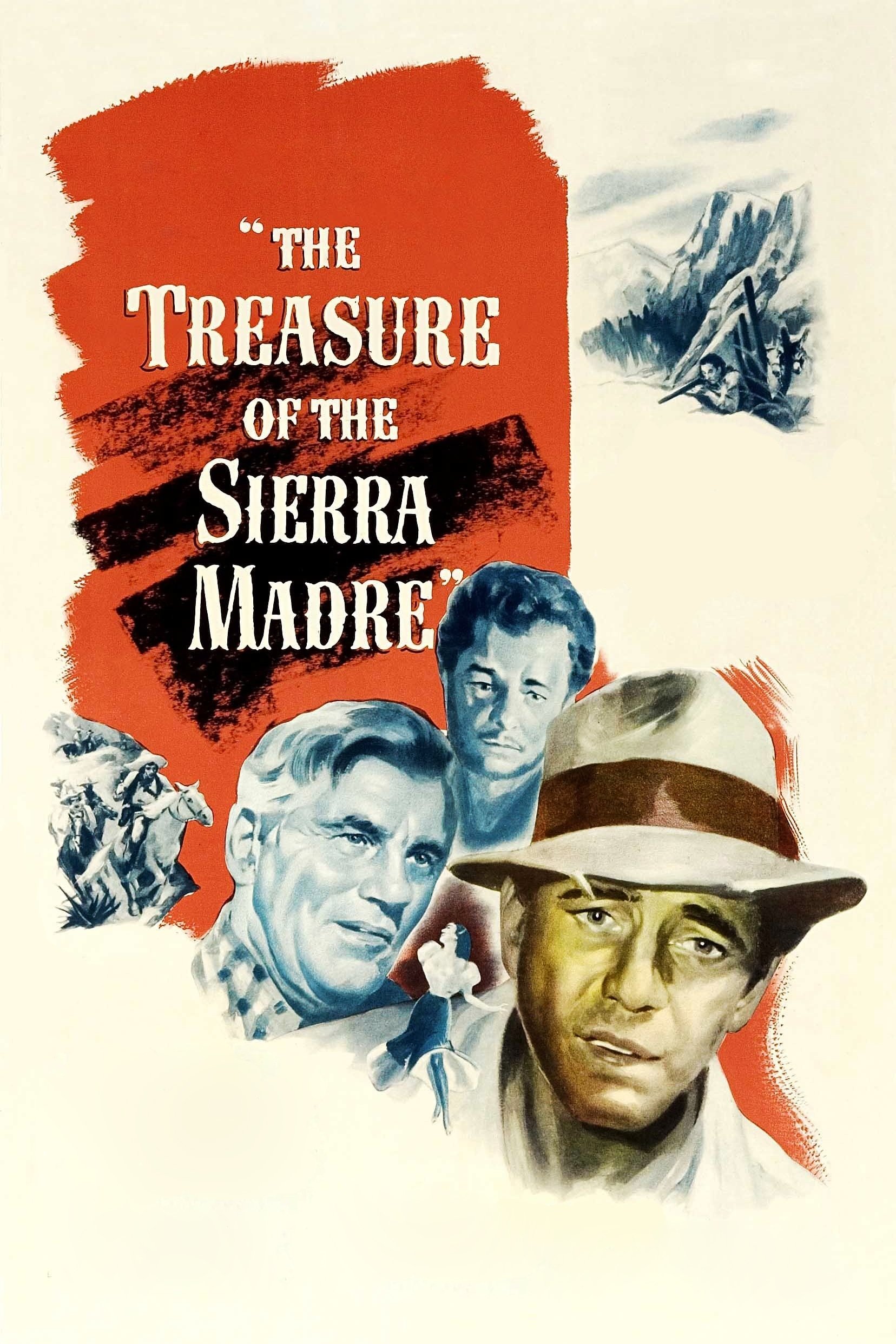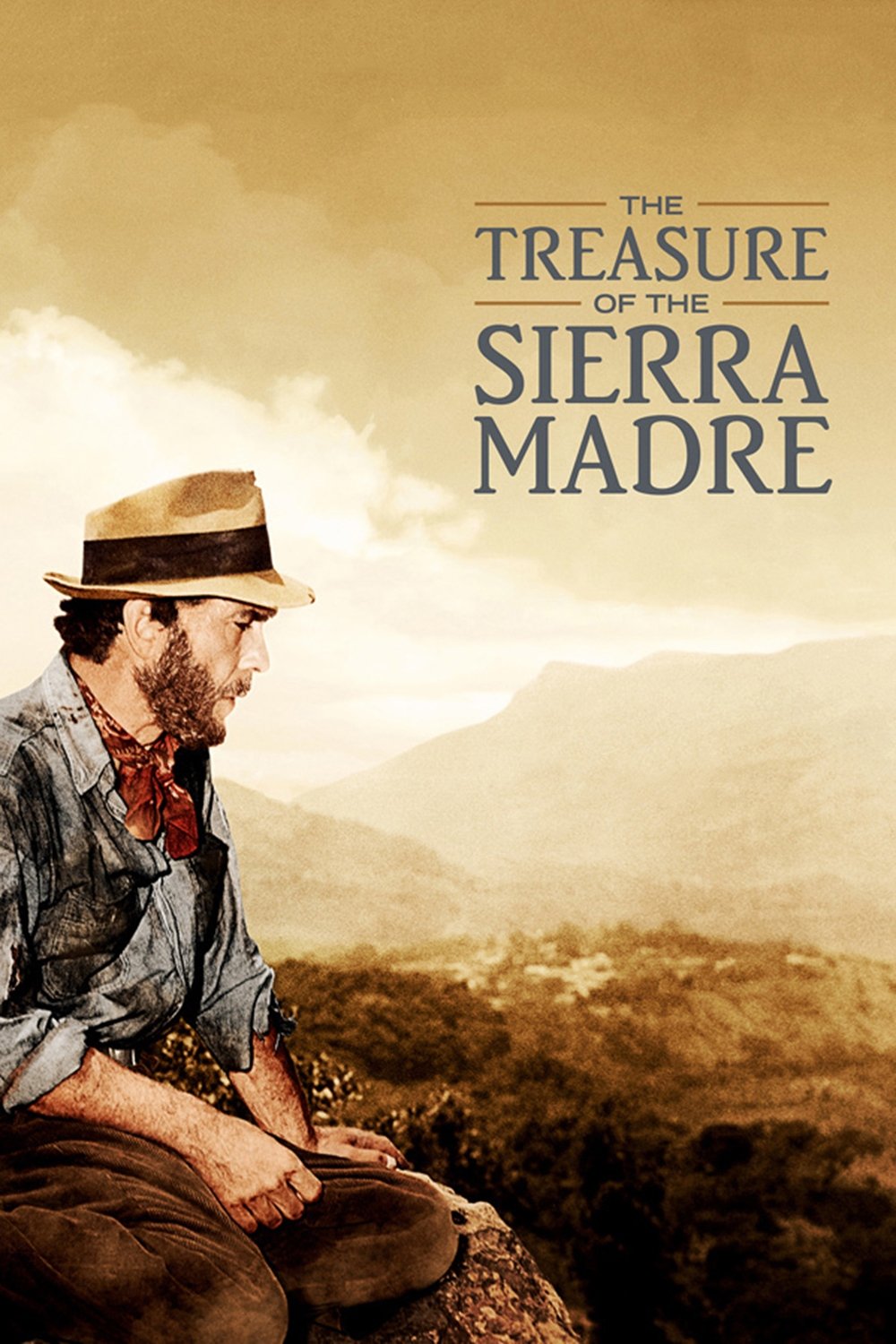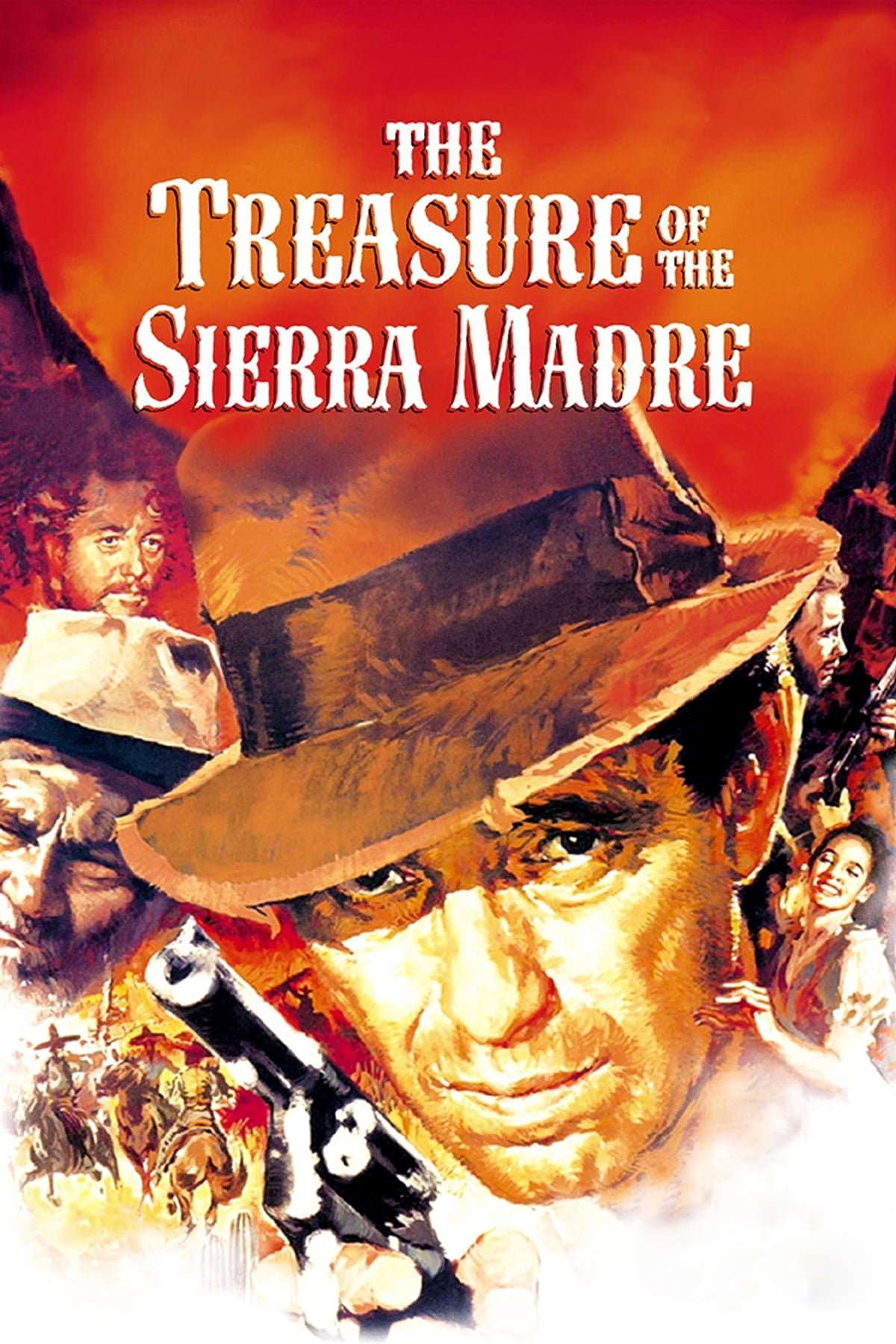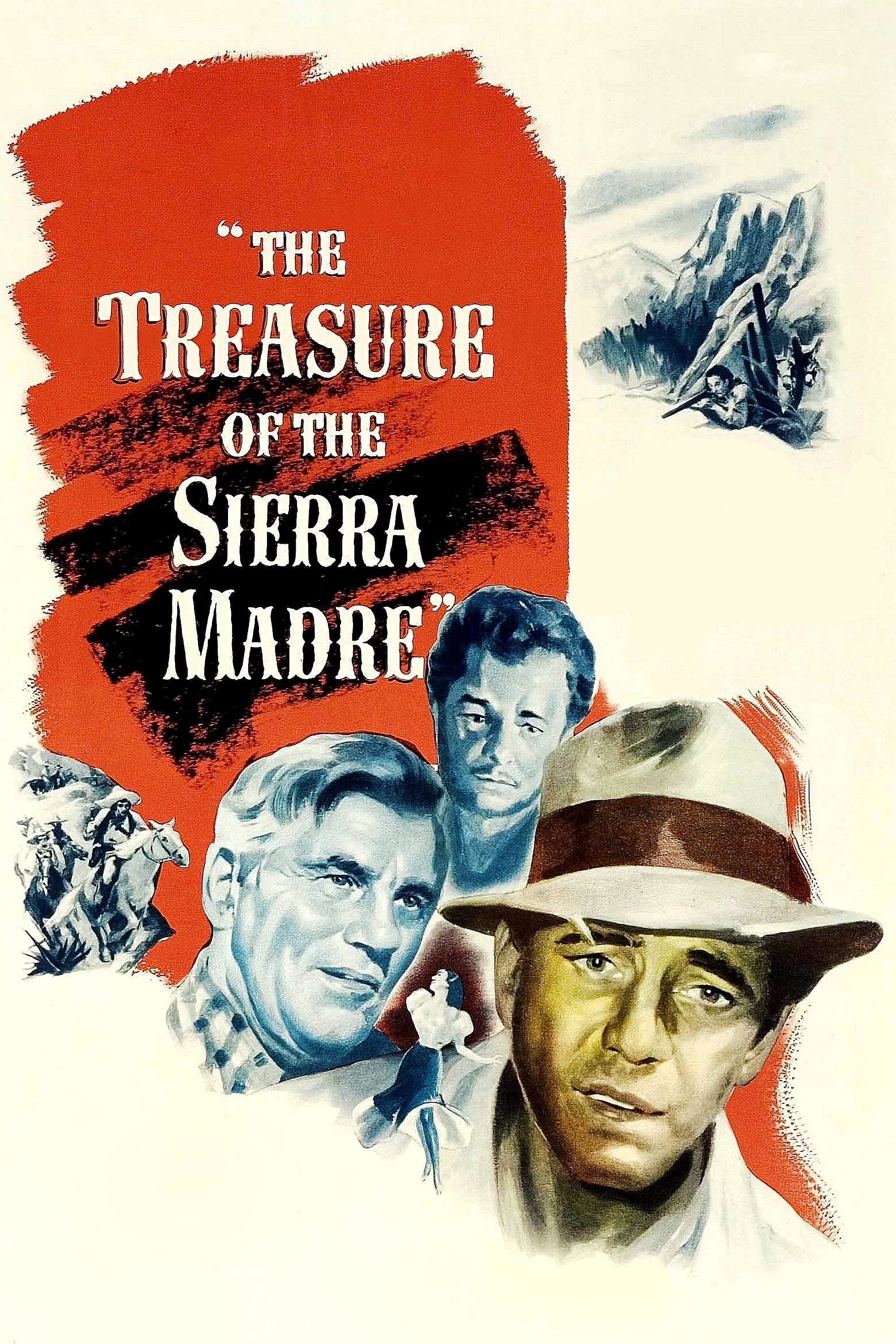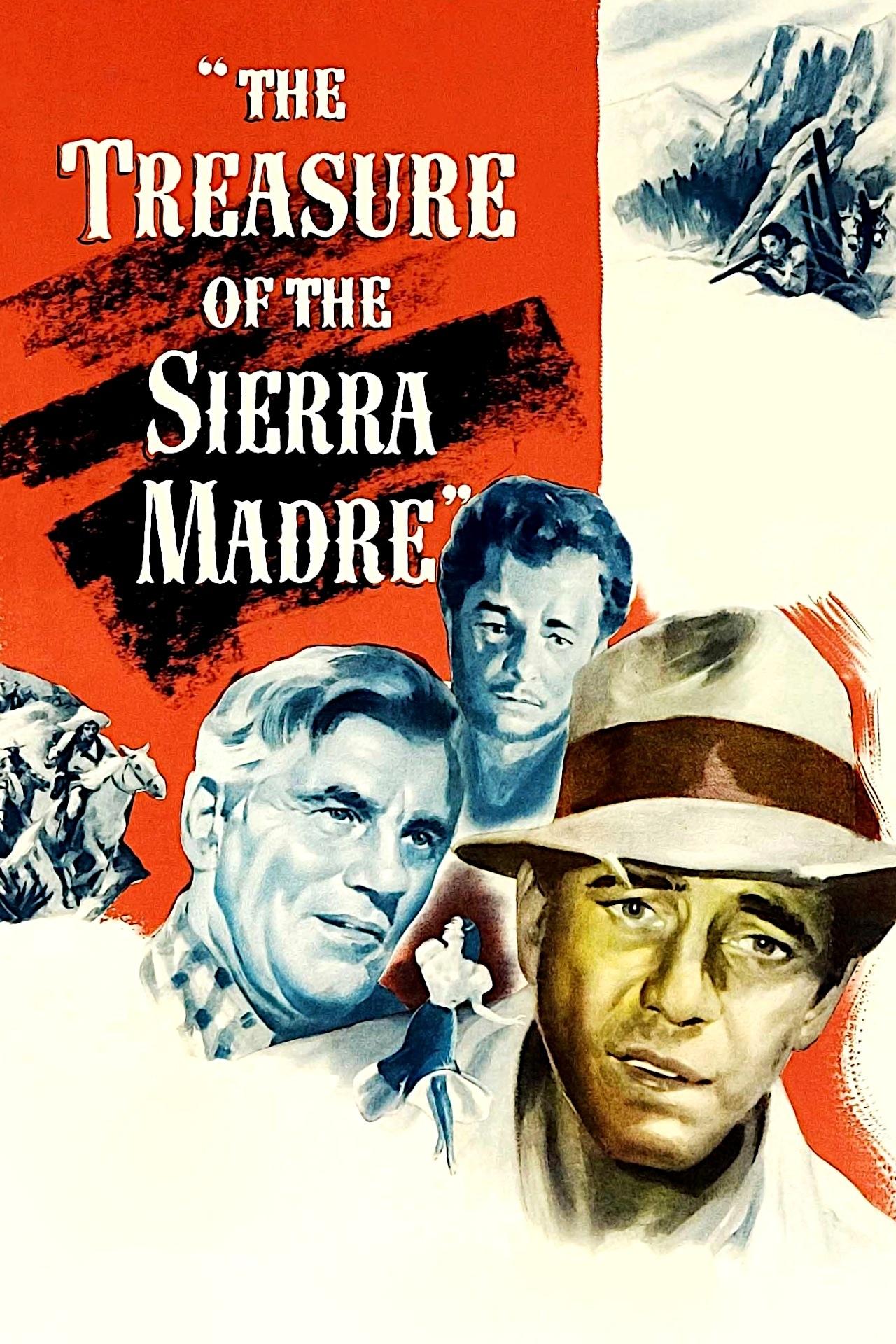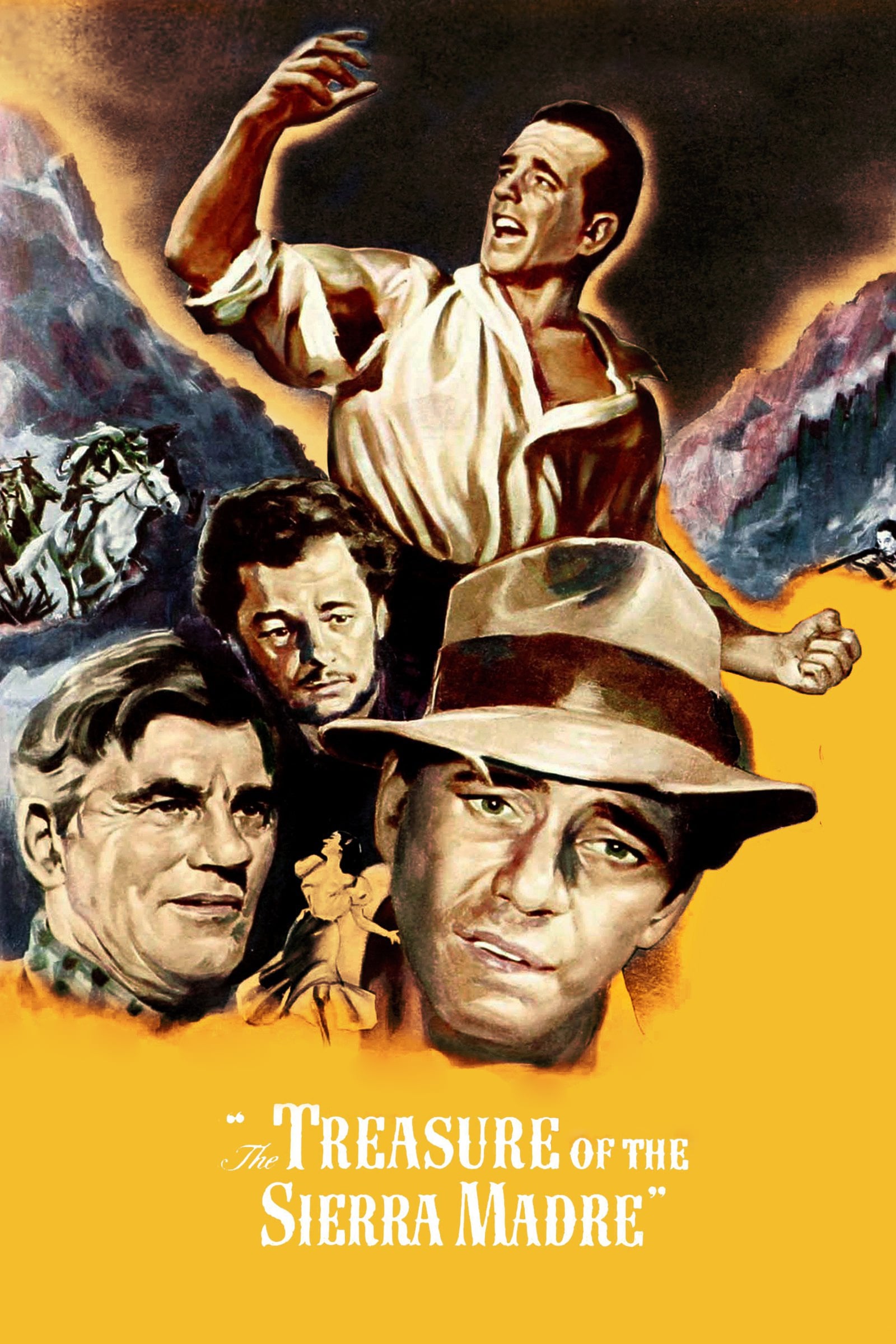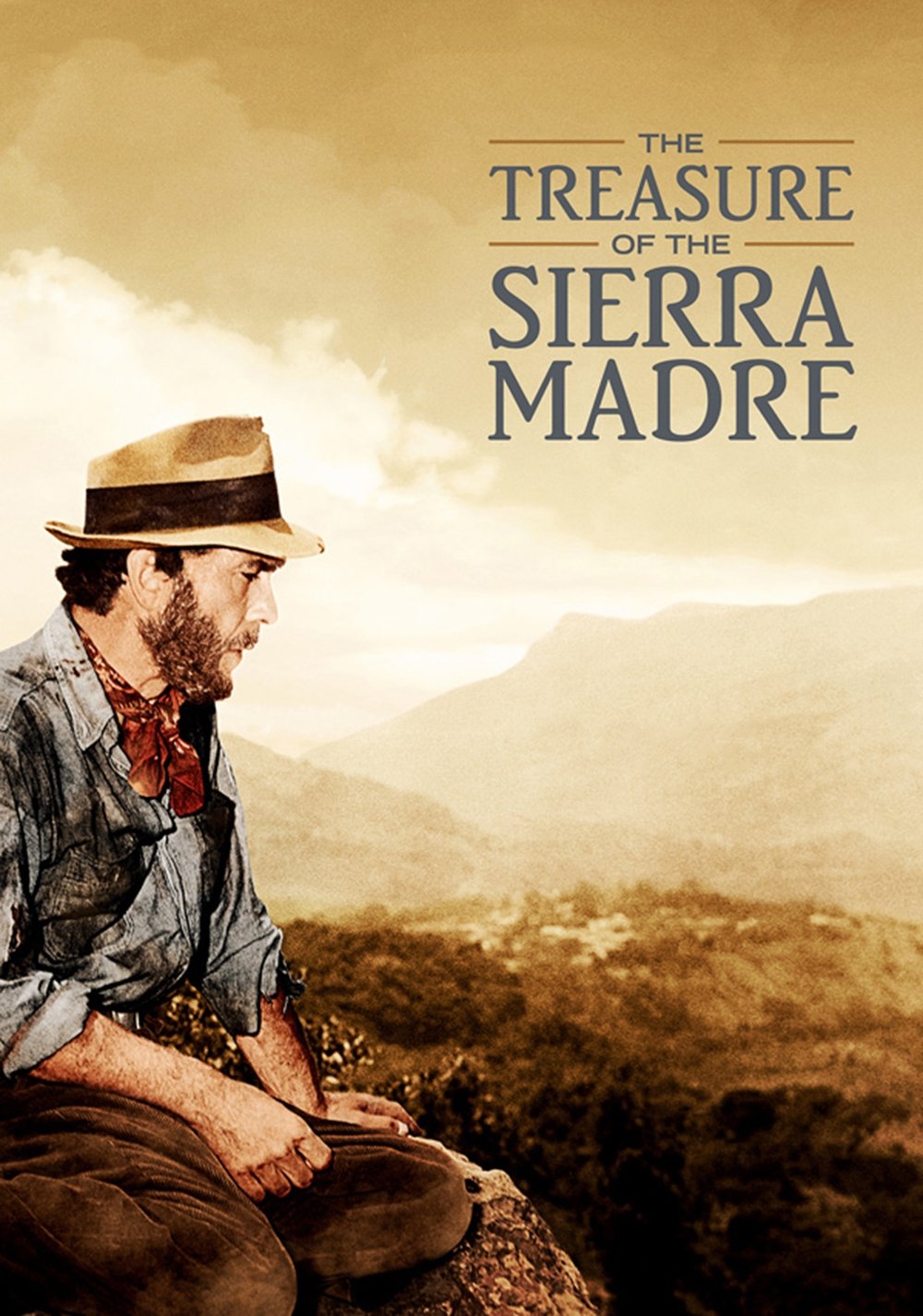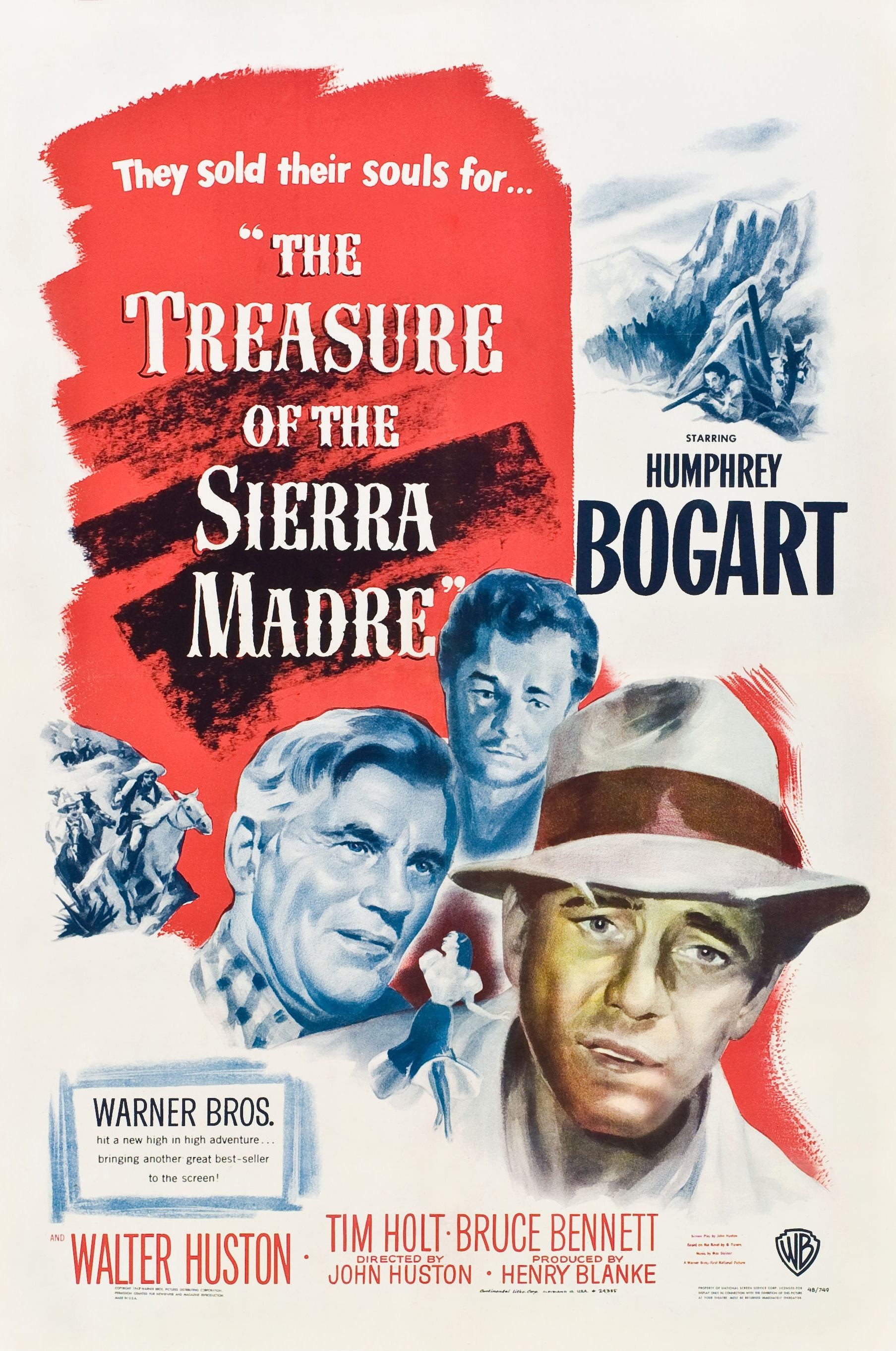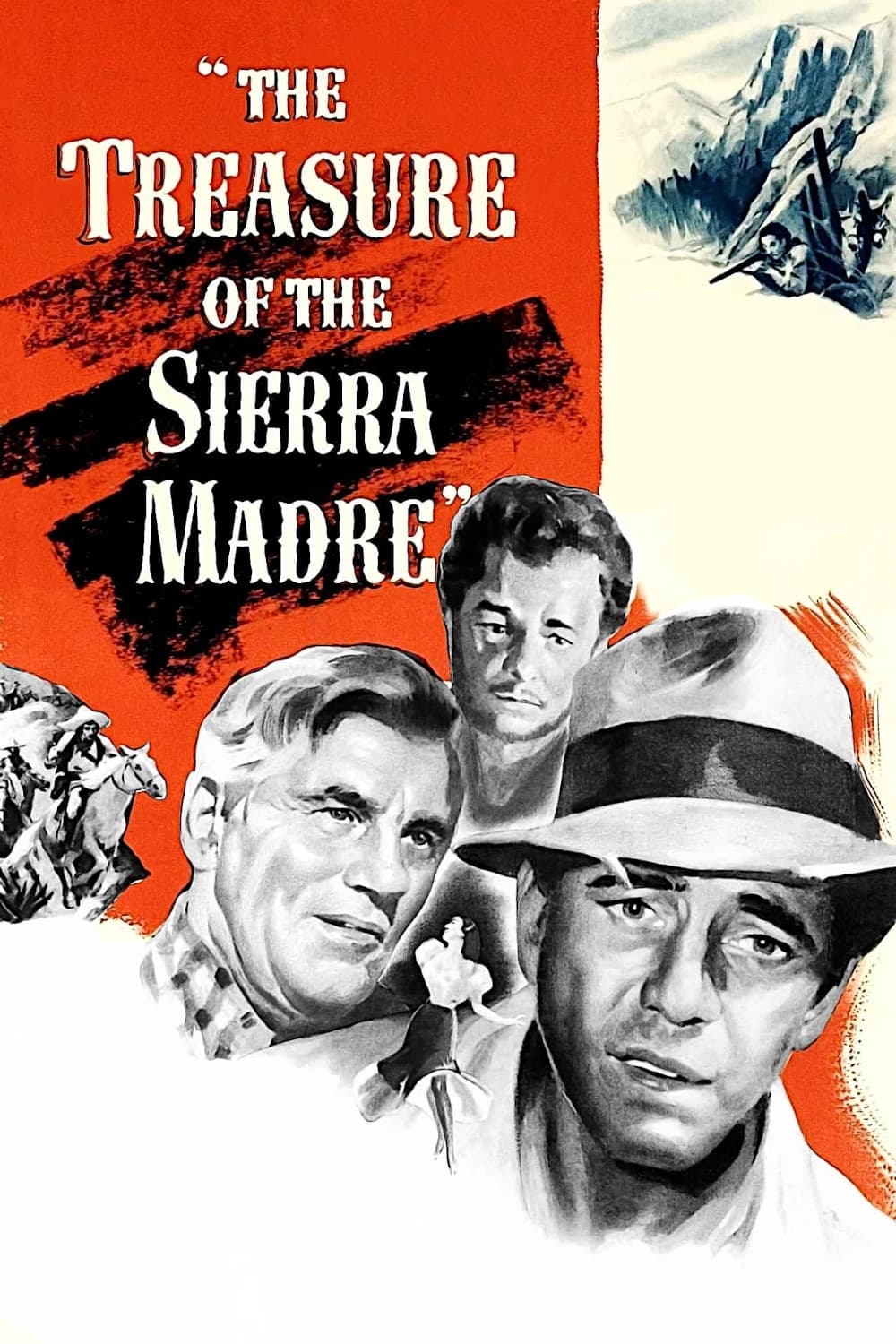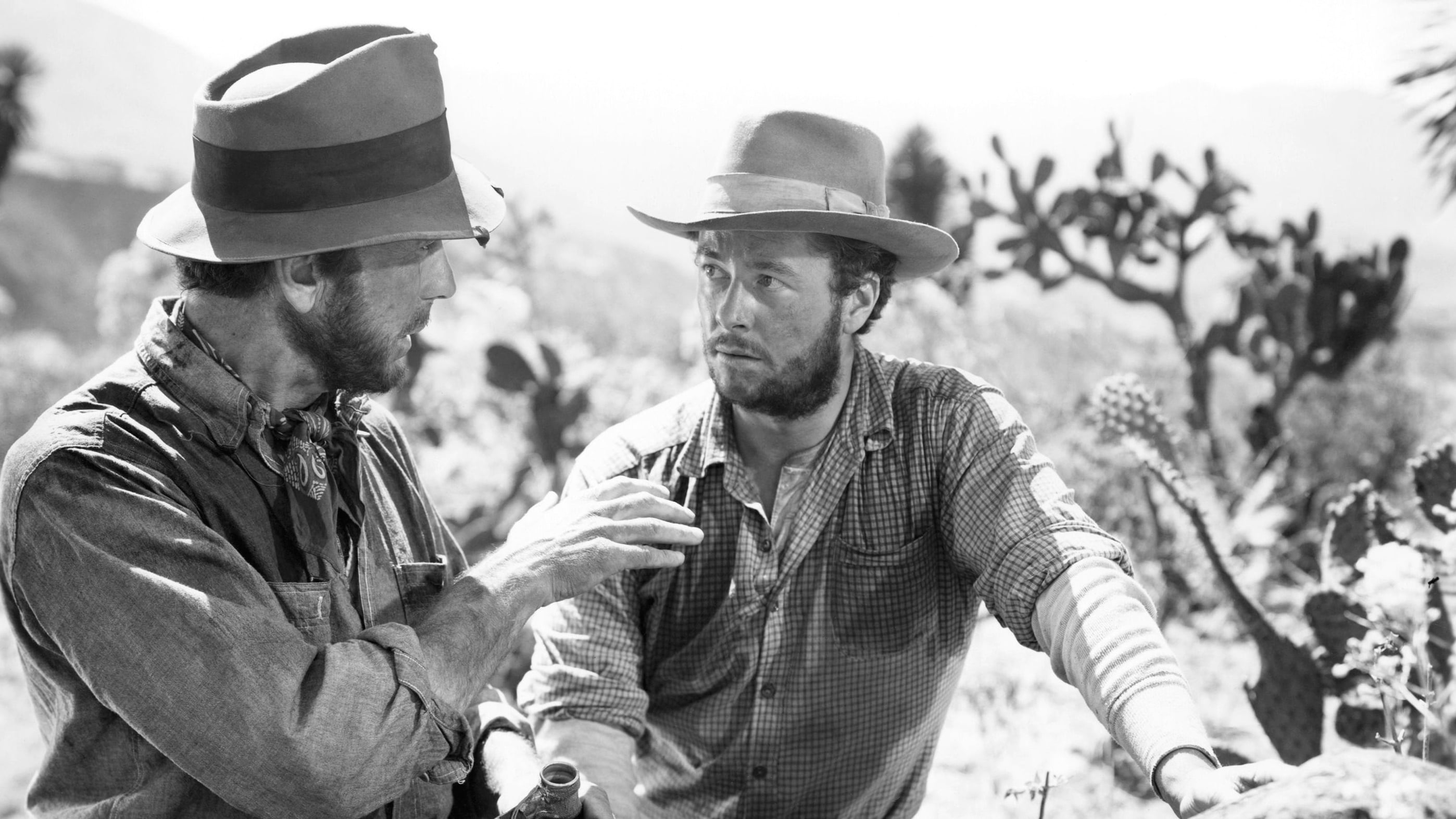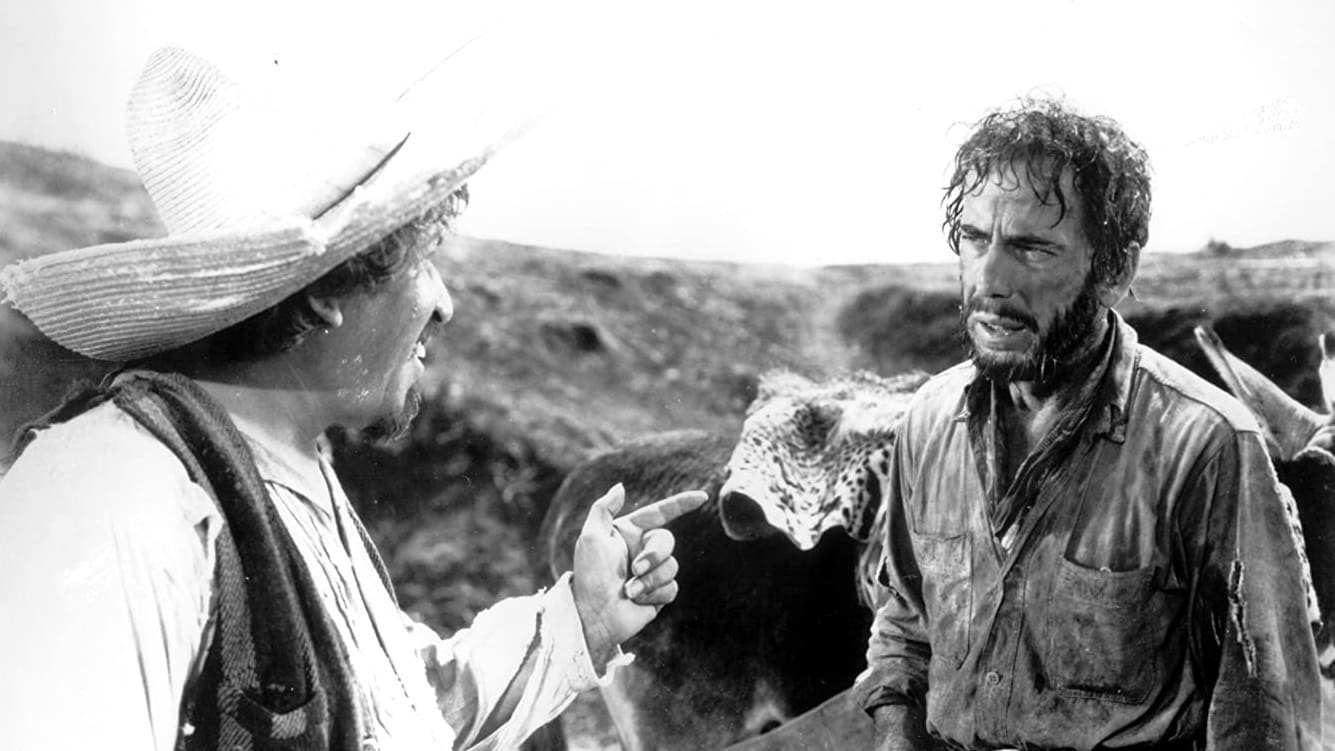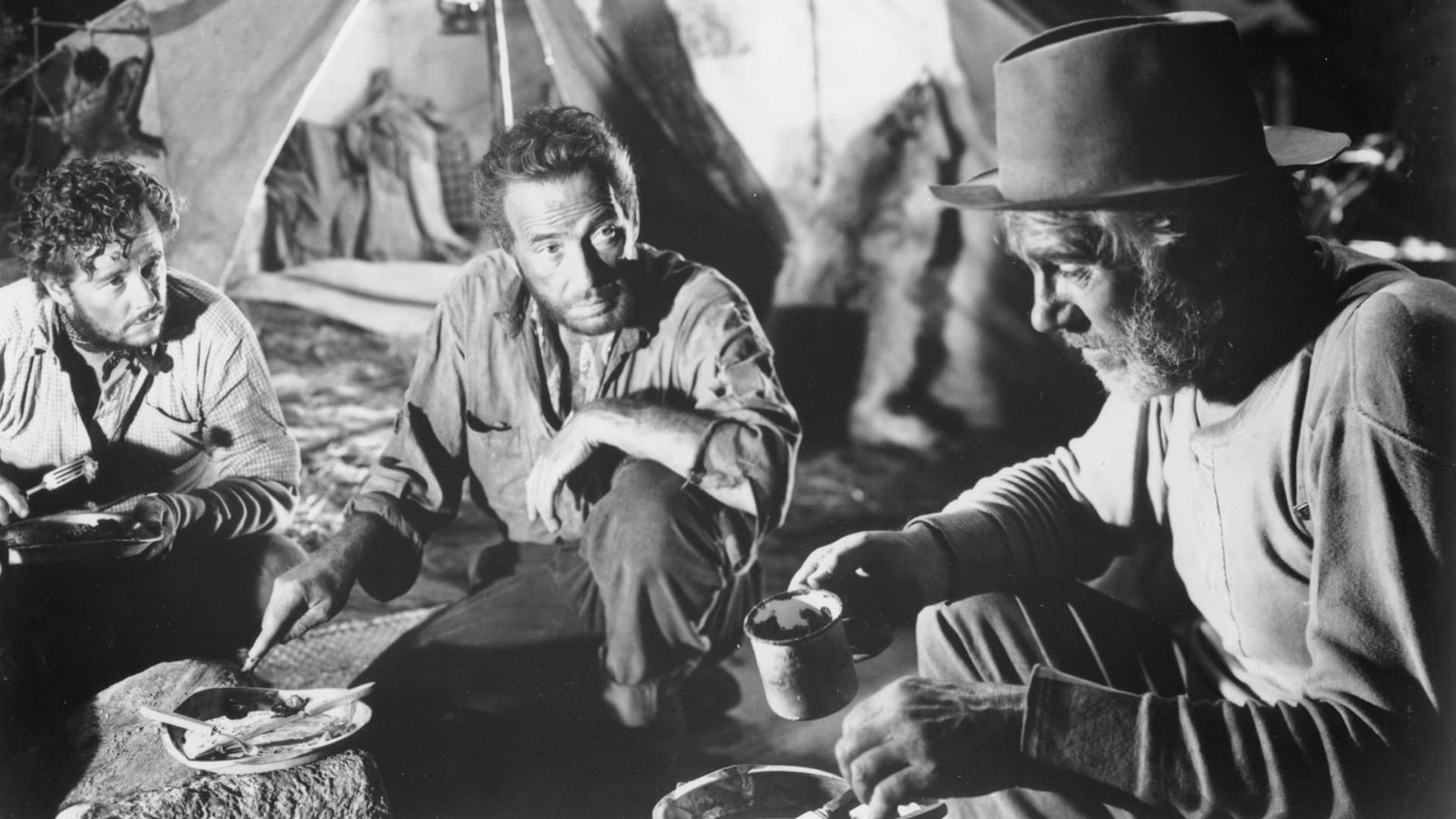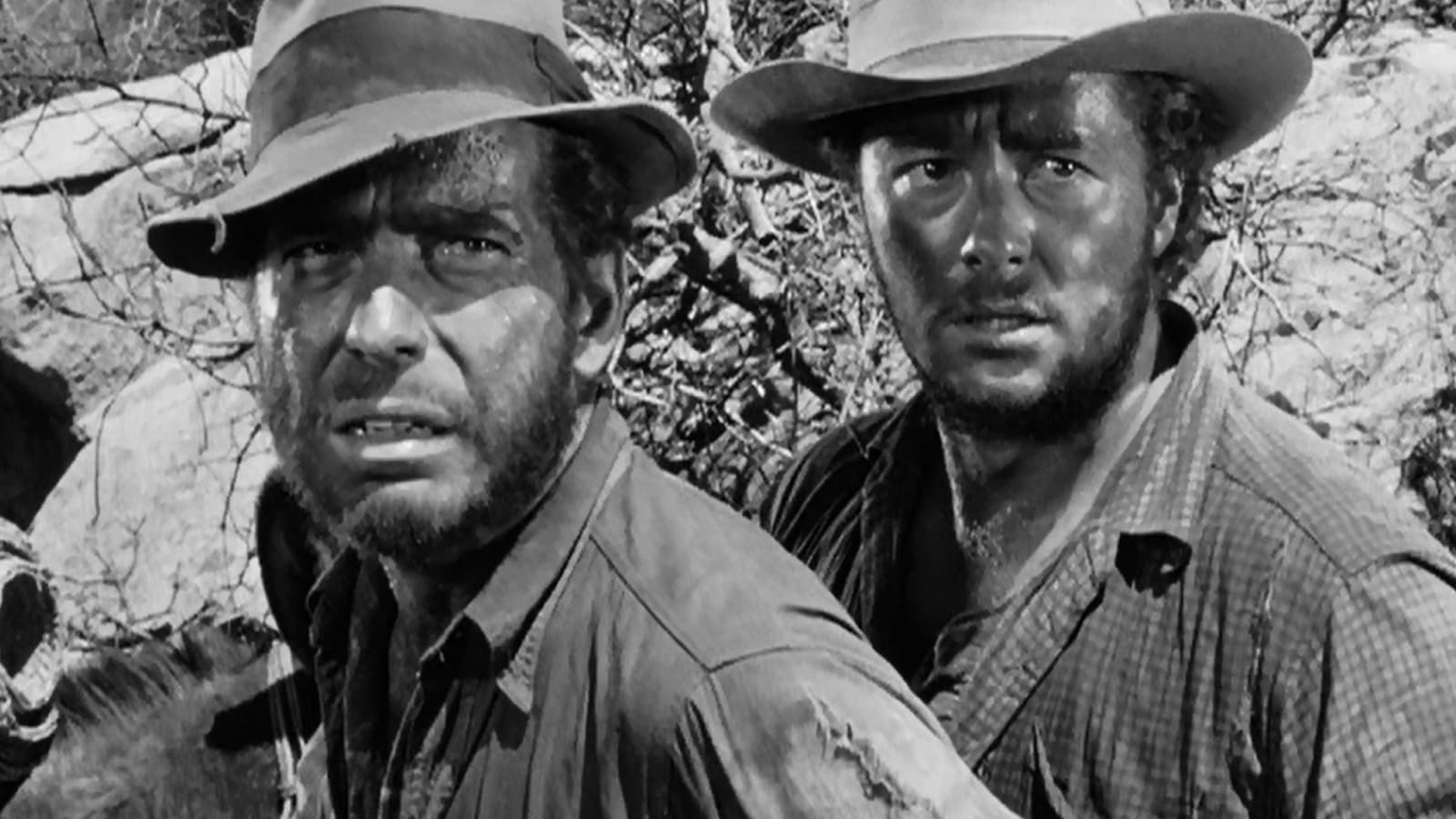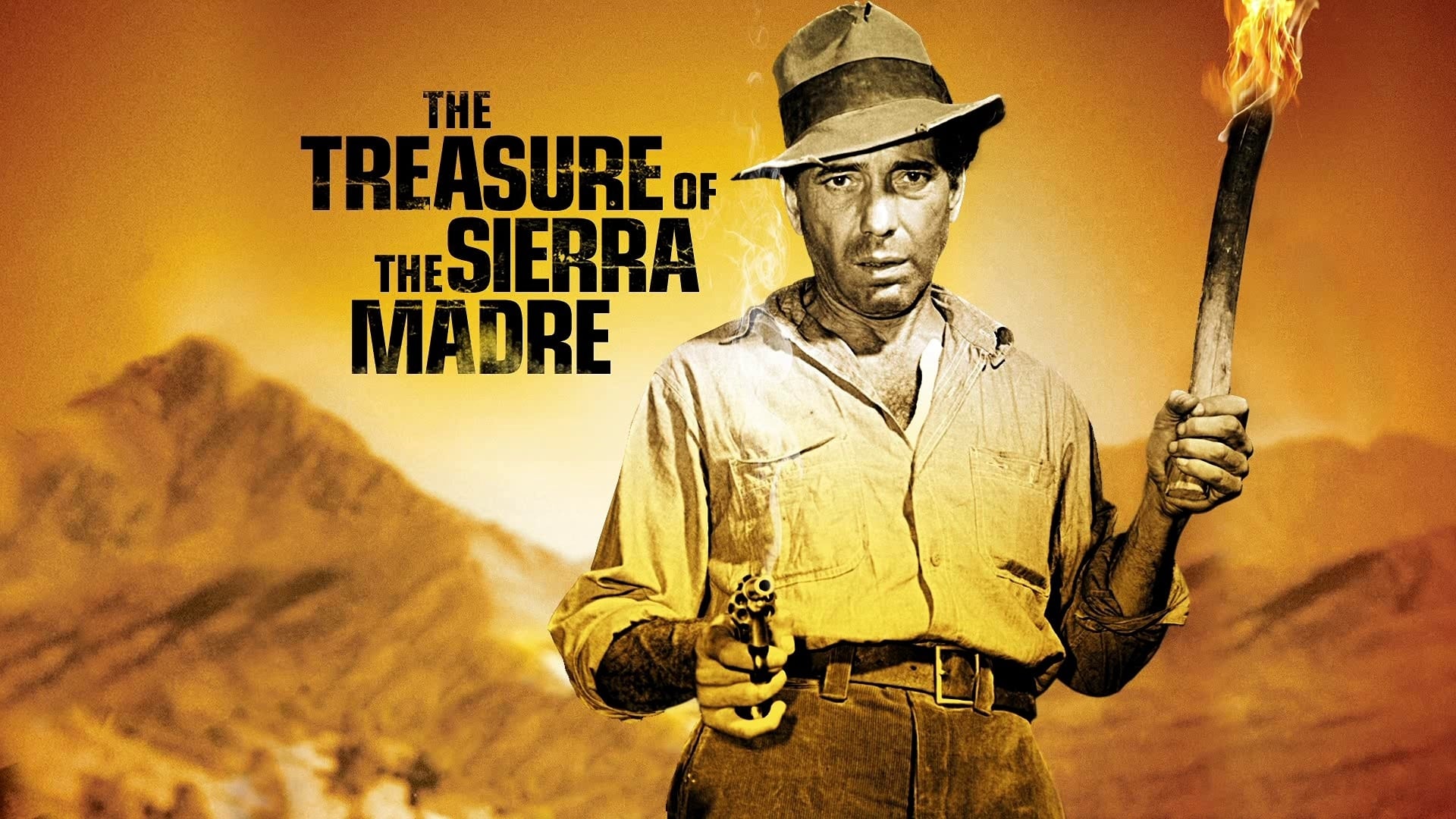The Treasure of the Sierra Madre
Humphrey Bogart delivers a tour de force performance as Fred C. Dobbs, an ordinary man lured by the promise of riches in the treacherous Sierra Madre mountains of Mexico. Bogart's portrayal is a masterclass in character transformation, capturing the gradual descent into obsession and paranoia with raw intensity. His performance showcases the inner turmoil of a man torn between his dreams of wealth and the erosion of his moral compass.
Walter Huston, in a brilliant supporting role as the seasoned prospector Howard, provides the film with a compelling moral center. His portrayal is a delightful blend of wisdom, eccentricity, and humanity, offering a stark contrast to the unraveling psyche of Dobbs. The chemistry between Bogart and Huston is palpable, adding depth and complexity to their relationship and fueling the film's exploration of friendship, trust, and the fragility of human connections.
John Huston's direction is meticulous, capturing the rugged beauty and treacherous nature of the Mexican wilderness. The film's cinematography immerses viewers in the harsh realities of the characters' surroundings, emphasizing the ever-present danger and the allure of hidden treasures. Huston skillfully balances the sweeping landscapes with intimate character moments, heightening the tension and emotional impact of the story.
"The Treasure of the Sierra Madre" masterfully examines the corrupting power of greed. Through its narrative, the film explores the transformative effects of wealth and the erosion of moral values in the pursuit of fortune. It raises profound questions about the nature of humanity, exposing the dark underbelly that lies beneath the veneer of civilization. The themes resonate on a universal level, challenging viewers to reflect on their own values and priorities.
The film's screenplay, written by John Huston based on B. Traven's novel, is a work of brilliance. It skillfully balances elements of adventure, suspense, and character study, creating a captivating narrative that keeps viewers engaged throughout. The dialogue is rich and thought-provoking, offering insights into the human psyche and the complexities of human relationships.
Max Steiner's evocative score adds another layer of depth to the film. The music underscores the emotional beats of the story, capturing the desperation, hope, and despair that permeate the characters' journey. Steiner's compositions enhance the film's atmosphere, heightening the tension and providing a haunting backdrop to the characters' moral dilemmas.
In conclusion, "The Treasure of the Sierra Madre" is a timeless masterpiece that explores the dark depths of greed and the complexities of the human condition. With its exceptional performances, meticulous direction, and thought-provoking themes, the film stands as a testament to the enduring power of cinema. It serves as a cautionary tale that reminds us of the dangers of unchecked ambition and the fragility of our own moral compass. A must-watch for any lover of classic cinema.
Retreiving from wikipedia...

